Class numbers may be limited to comply with Local Authority guidance.
Please contact us if more than two people would like to attend the indoor venues.
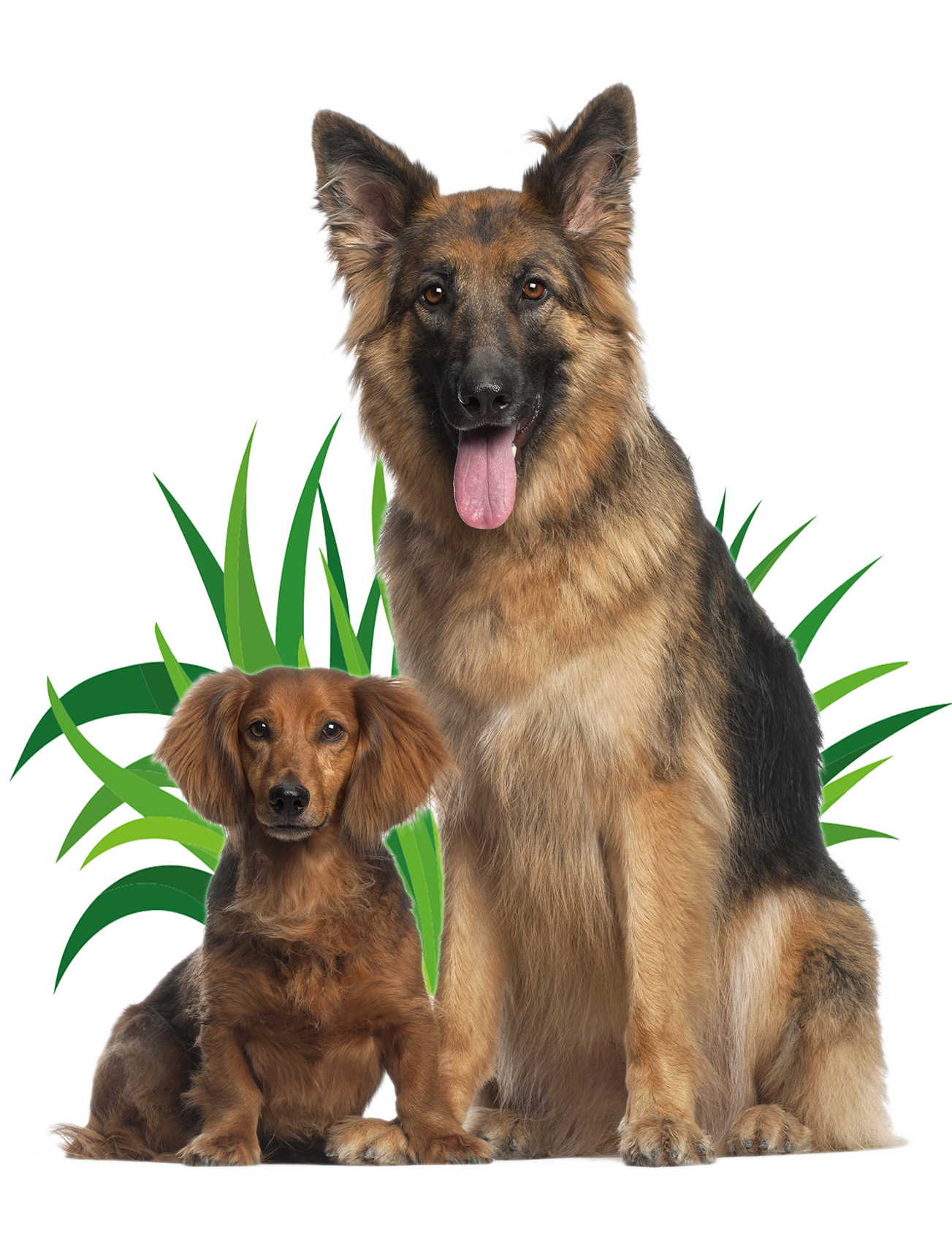
Weekly Saturday classes @ £10. Drop-in, or Pre-book online
09.45am - Dogs - Age 9 mths & older - Basic Training & Socialising
10.45am - Dogs - On & Off Lead - Intermediate level, for Regulars only
11.45am - Puppy class (3-8 mths) - Motivating & Engagement Training
12.45pm - 'Bite Size' Mini Session - 10min Training/Behaviour Discussion
Training takes place in the enclosed area behind the Rangers cabins.
All dogs must wear a collar, or a snug-fitting harness, ID disc and a standard lead (no extendables). Also, remember to bring a supply of treats in a treat training bag.
N.B. Please make us aware of any socialisation issues your dog may have before attending a class.
near me, dog training, dog classes, dog behaviour, behavioural problems, dog whisperer, Northwich, cheshire
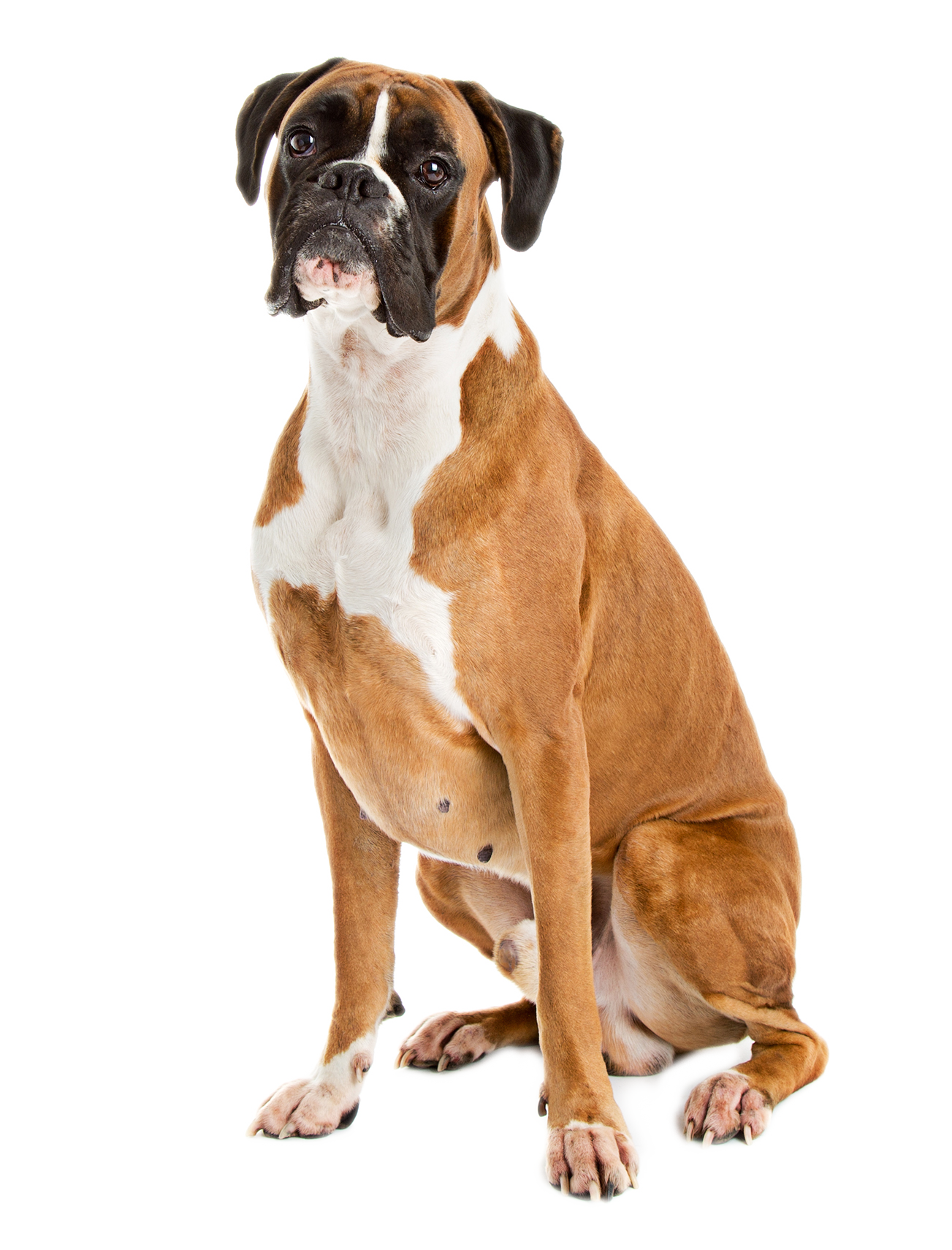
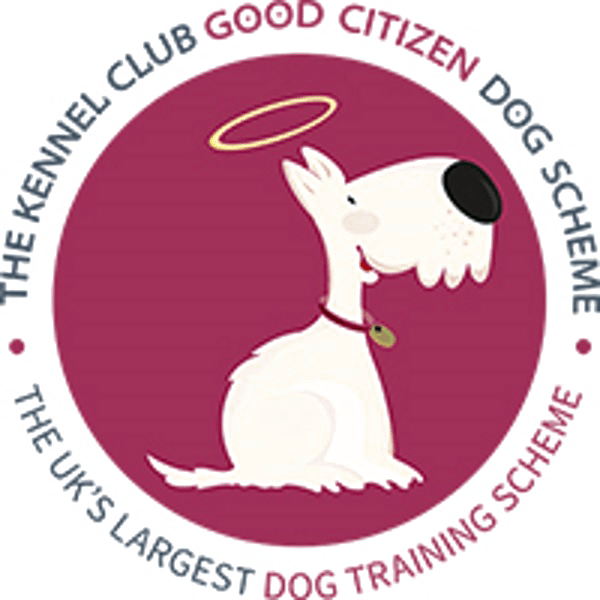
KC Good Citizen Dog Training Scheme (KCGCDS) - Indoor Training Courses
Kennel Club Accredited & Approved Indoor Training Courses. Cost £150 - Duration 8 weeks
Bronze Level **
Wednesday 6.50pm @ Barnton Memorial Hall (CW8 4LH)
Silver Level
Wednesday 8.00pm @ Barnton Memorial Hall (CW8 4LH)
Gold Level
Thursday 6.45pm @ Comberbach Memorial Hall (CW9 6AU)
Advanced Dog Training
Thursday 8pm @ Comberbach Memorial Hall (CW9 6AU)
** Next Bronze Course: Wednesday 18 March - 13 May 2026
The Club is an approved provider of the highly respected Kennel Club Good Citizen Dog Training Scheme (KCGCDS). This offers you the opportunity to develop your skills to a nationally recognised standard. The Scheme is ideal for puppy course graduates and dogs of all ages and consists of a number of control and stimulation exercises set by the Kennel Club. All handlers and dogs must achieve Bronze Level before moving up to Silver and Gold Levels.
At the end of each course you will be assessed and tested on your dog handling skills by an independent KC Approved Examiner. If you've ever thought about using your dog as a therapy or assistance dog then this scheme is acknowledged as a standard of training which will be accepted by assessor groups in the UK.
Any young person working towards their DofE Award intending to record dog training as a new skill must inform me at the start of the course.
N.B. Only dogs with sound temperaments are allowed to attend the indoor venues.
Cost & Duration:
The cost to register and train for each Level is £160 and includes your KC test fee, weekly training sessions and course material. A typical course runs for an 8 week period.
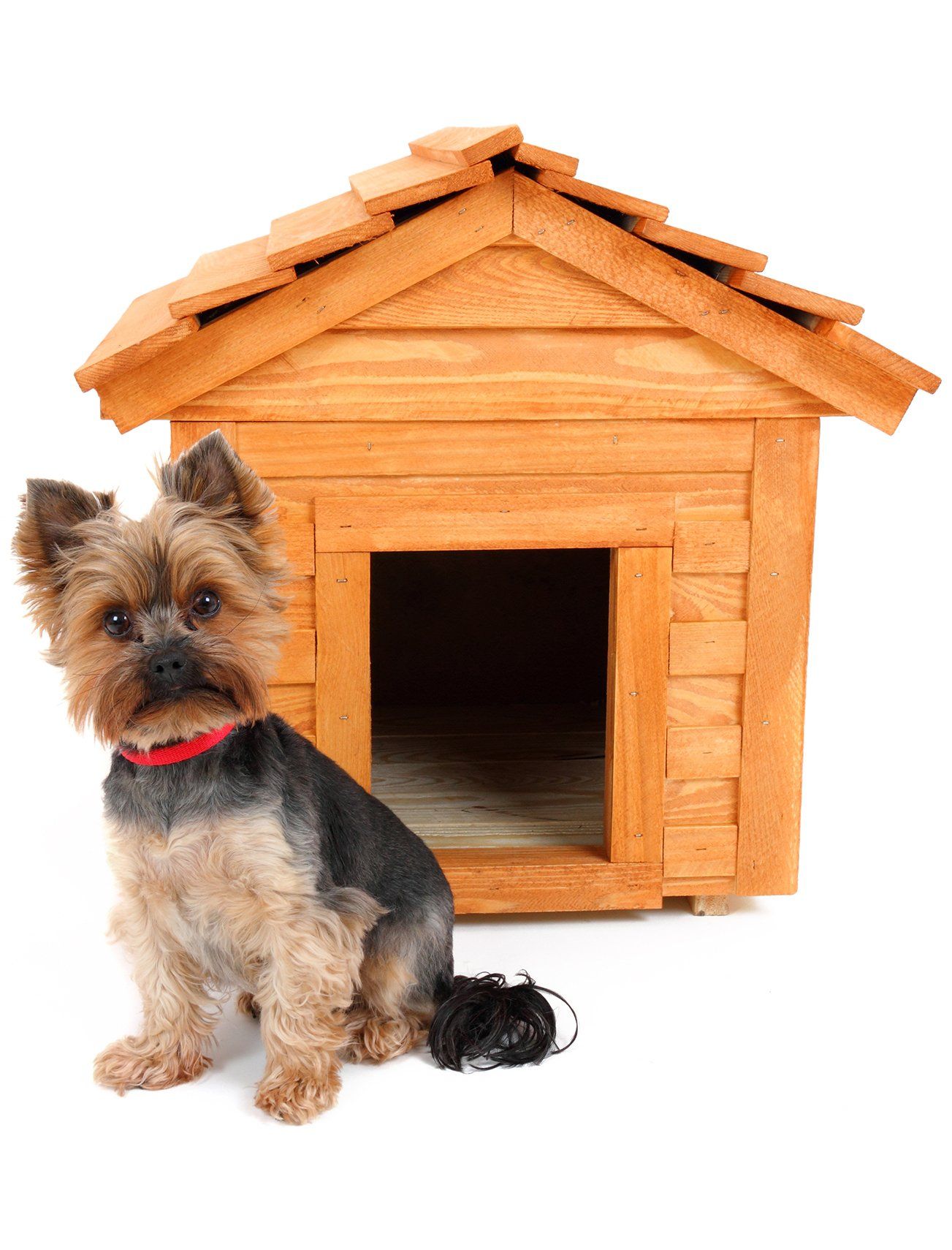
Duration 1.5hrs. Cost £95
From time-to-time people often need help with their dogs. It may be that you've recently taken on a rescue dog and you're not sure how s/he will behave in a group situation yet... Or maybe you've been struggling with one or two things, like socialisation, behaviour problems, recall training, separation issues or walking nicely on a lead? If so, then a 1-2-1 session can be really helpful, and it'll give you lots more confidence before joining a group training class.
By meeting up for a 1-2-1 session with Mike, the Club Trainer, he can get to know you and your dog, and you get to know him. Together you’d be able to assess your dog and focus on the things you'd like help with and you’ll be shown all sorts of techniques to motivate your dog to behave in the way you'd like. Mike often uses his dogs for help with teaching socialisation & distraction control methods.
A 1-2-1 session will take about 1.5hrs, cost £95. Ideally all adults who are responsible for your dog's care would need to be present.
HOW TO BOOK: Please contact us and suggest a day/time to suit you.
Availability: Monday-Friday 9.30am - 5pm // Eve: Tuesday & Friday (£15 extra)
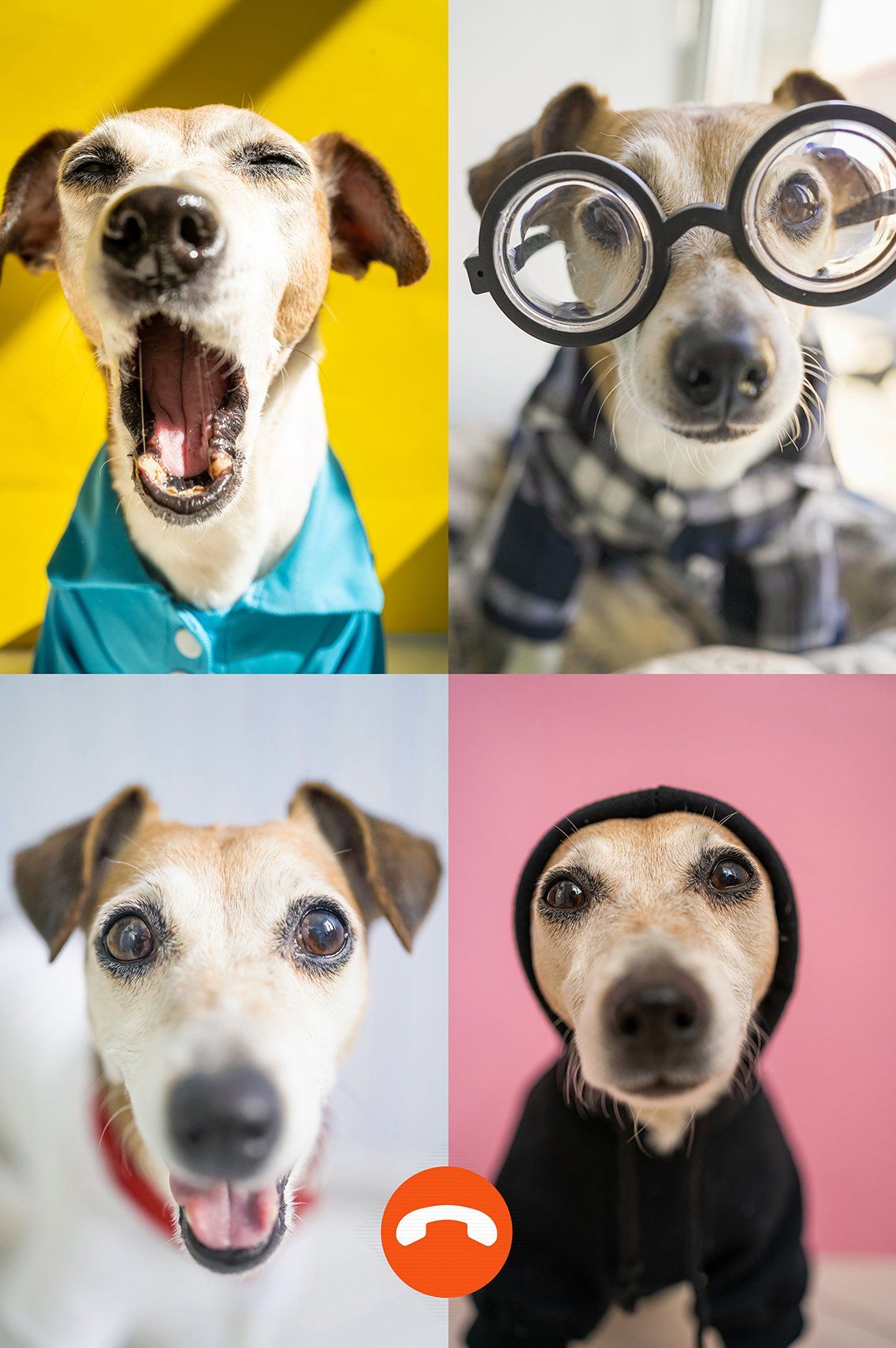
Duration 50 mins. Cost £50
This service became very popular during lockdown and it will continue as an option for those who are pushed for time... or live a distance away... or need to remain shielded.
In either a private Zoom or Google Meet sessions, we’ll cover the key elements of dog ownership and help you with any training tips and/or behaviour issues that you might be struggling with. And, because these sessions are on a one-to-one basis, you get the benefit of bespoke advice based around you and your particular circumstances. Also, the timing can be flexible to suit you!
HOW TO BOOK: Please contact us and suggest a day/time to suit you.
Availability: Monday - Friday 9.30am - 5pm // Evenings & Weekends (£15 extra)

Class numbers may be limited to comply with Local Authority guidance.
Please contact us if more than two people would like to attend the indoor venues.
If you would like to secure a place on a class or a course click on 'BOOK' choose a time and follow the prompts.
For one-to-one training
please call
or email:
mike@thedogclub.co.uk
07768 980918
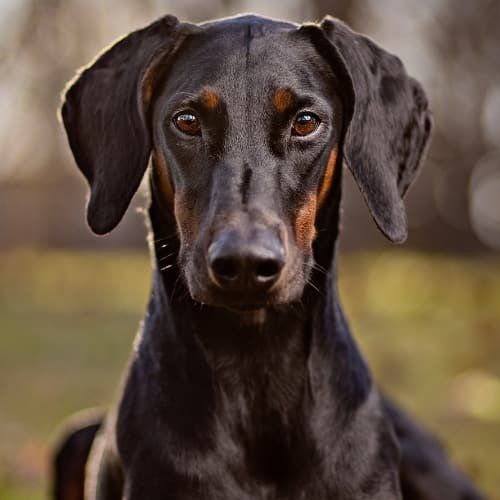
Holly & Molly (Doberman)
To correct unwanted behaviours, identify the cause and use consistent, positive reinforcement techniques. Avoid punishment, as it can create fear and aggression.
Reward desired behaviour and redirect or ignore unwanted behaviour.
Training a dog for off-lead reliability involves gradual steps, starting with strong recall commands on a leash in controlled environments.
Practice in progressively challenging settings, always using positive reinforcement.
To stop leash pulling, use a no-pull harness and practice loose-lead walking techniques. Stop walking when your dog pulls and reward them when they walk beside you calmly.
Consistency and patience are key.
To train your dog to behave around guests, practice obedience commands and manage their excitement levels.
Use positive reinforcement for calm behaviour and gradually expose them to guests in controlled situations.
If your dog shows signs of aggression, seek professional help from a veterinarian or a certified dog behaviourist.
Identifying the triggers and using behaviour modification techniques can help manage and reduce aggression.
Improving your dog’s focus involves short, engaging training sessions with high-value treats or toys.
Practice in distraction-free environments and gradually introduce distractions as your dog’s focus improves.
To teach your dog to stop jumping, ignore them when they jump and reward them when all four paws are on the ground.
Consistently reinforce this behaviour and ask guests to follow the same approach.